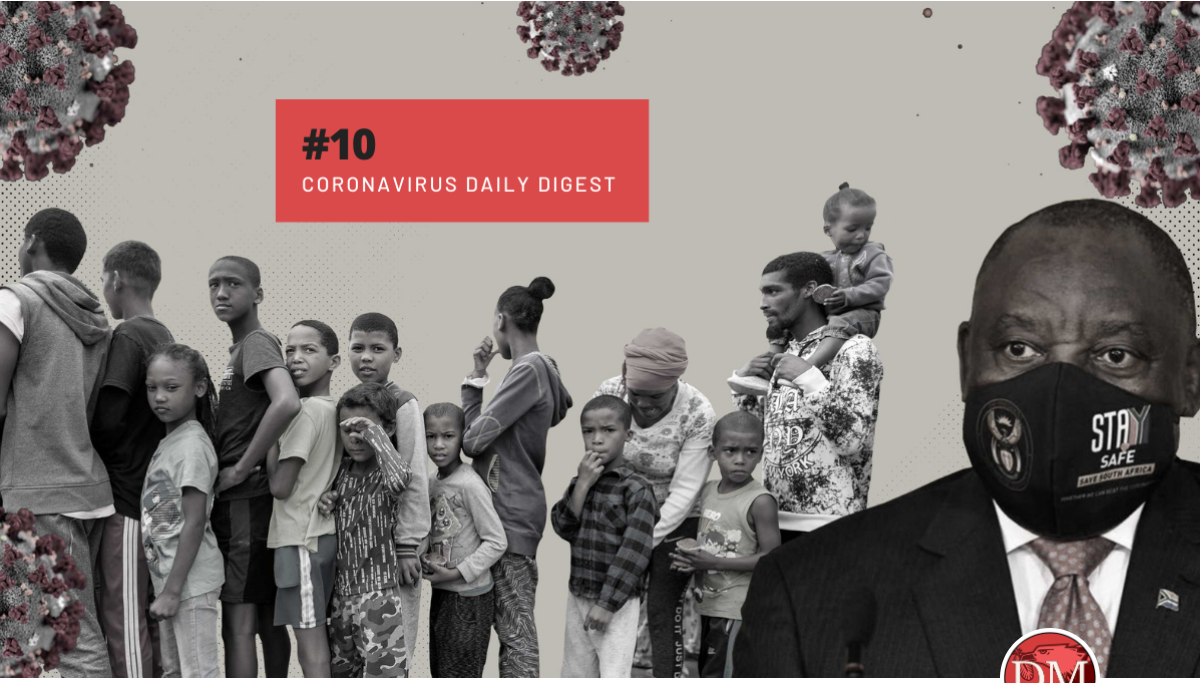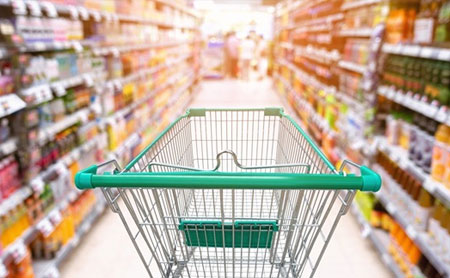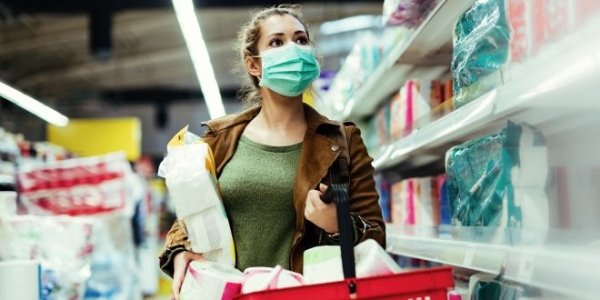This past week, President Cyril Ramaphosa lifted all international travel bans and restored liquor trading hours, Nelson Mandela Bay has become the new Covid-19 hotspot, and South Africa is yet to secure access to a promising new coronavirus vaccine
Maverick Citizen’s Coronavirus Daily Digest has changed format to a Coronavirus Weekly Digest. Each Friday morning, the digest will summarise highlights from the previous week’s news about the Covid-19 pandemic in South Africa.
All international travel to resume and liquor trading hours return to normal
Addressing the nation once again on Wednesday night, President Cyril Ramaphosa warned there is evidence of a resurgence of coronavirus infections in certain areas – notably the Eastern Cape.
The National State of Disaster has been extended to 15 December 2020, but restrictions on alcohol sales will be lifted and visitors from all countries will be permitted entry to SA, pending strict health protocols.
Ramaphosa has also designated 25 to 29 November as a period of national mourning for the victims of Covid-19 and victims of gender-based violence. He is appealing to South Africans to wear black armbands during this time.
Covid-19 vaccine proves 90% effective – South Africa yet to secure access
This week, Pfizer and BioNTech announced that their vaccine candidate was 90% successful in preventing symptomatic Covid-19 disease in the first interim analysis from the Phase 3 trial.
South Africa has not secured doses of candidate vaccines from Pfizer or any other manufacturer.
Adele Baleta reports that the country also missed the first deadline to commit to Covax – an initiative co-led by the World Health Organisation that aims to ensure developing countries get access to Covid-19 vaccines.
Nelson Mandela Bay goes from 349 to nearly 6,000 Covid-19 cases in three weeks, as the metro runs out of state ICU beds
A new surge in Covid-19 cases is overwhelming Port Elizabeth, Uitenhage and Despatch. As Estelle Ellis writes, the reality is a reduced health workforce buckling under exhaustion, increased deaths, close to 642 patients needing hospitalisation, a slow response from the Eastern Cape health department, three overflowing hospitals and an R11-million state-of-the-art ward lying dormant because there are no nurses to work there.
Statistics from the Eastern Cape department of health show how the number of active cases in the metro went from 349 on 19 October to 3,092 by 4 November – and 5,574 by 11 November.
Shane Brown, chairperson of the metro’s disaster management forum, says the city is in “serious trouble”.
State hospitals in Nelson Mandela Bay ran out of intensive care beds on Monday 9 November as the metro became the country’s new hotspot. Wits University’s Prof Shabir Madhi says that imposing a stricter lockdown in Nelson Mandela Bay would be harmful.
Latest Covid-19 expenditure disclosure report missing vital information – department of basic education possibly involved in corruption
Gauteng Treasury released its September Covid-19 expenditure disclosure report, recording an expenditure of just over R123-million, a figure significantly down on previous months.
As Mark Heywood writes, the report records that the department of health “did not spend on Covid-19 related goods and services in the month of September 2020”, which would seem “improbable”.
Heywood points out that the report is missing vital information from the department of infrastructure development, even though it is midway through an extremely expensive and controversial ICU field hospital building programme using alternative building technology.
Heywood writes that the expenditure disclosure report also suggests that officials in the department of basic education might have been in on Gauteng’s dodgy Covid-19 splurge. DM/MC
Read full article HERE





